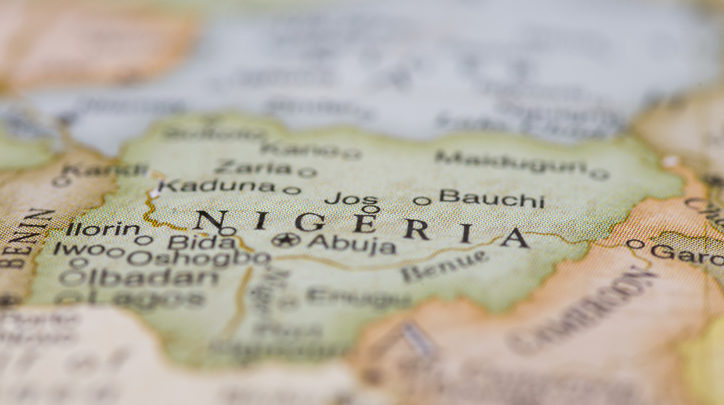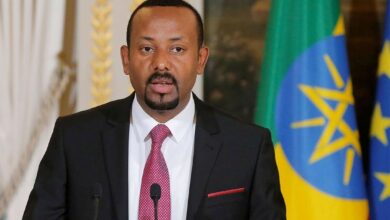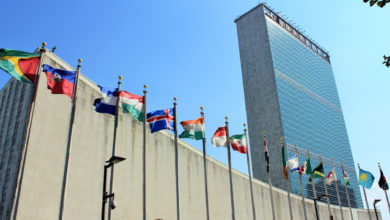World
Nigeria To Repatriate Over 600 Citizens From South Africa In Wake Of Xenophobic Violence

A Nigerian diplomat on Monday confirmed that Nigeria is going to repatriate about 600 citizens from South Africa this week following a wave of xenophobic violence that broke out in Johannesburg on Sunday last week.
In an interview with CNN, Abike Dabiri-Erewa, chairwoman of the Nigerians in the Diaspora Commission, said flights carrying the returnees will start leaving Johannesburg by Wednesday.
“We have 640 Nigerians that want to come back from South Africa, and that will require two planes,” Dabiri-Erewa said. “There may be more people who want to leave, but we will know when we get to South Africa on Wednesday.”
At least 10 people were killed in the violence and hundreds of shops destroyed while more than 420 people were arrested. The majority of the businesses targeted in the attacks were owned by immigrants from Nigeria, Ethiopia, Zambia, and Kenya. In retaliation, Nigerians also looted and destroyed some South African-owned brands in the country.
In the wake of the attacks, Nigeria recalled its ambassador to South Africa to condemn the violence and sent an envoy to meet President Cyril Ramaphosa. Madagascar and Zambia also pulled out of a football match against South Africa’s Bafana Bafana in the wake of the attacks.
Nigeria’s President Muhammadu Buhari’s media aide Femi Adesina said the president is deeply concerned about the intermittent violence against its citizens in South Africa.
“President Buhari is worried that the recurring issue of xenophobia could negatively affect the image and standing of South Africa as one of the leading countries on the continent if nothing is done to stop it,” Adesina said in a statement.
On Monday, the South African President Cyril Ramaphosa called on law enforcement officers to be vigilant and firm in dealing with those involved in the violence. He said the attacks were undermining efforts to showcase South Africa as a country with opportunities for all those who live in it.






